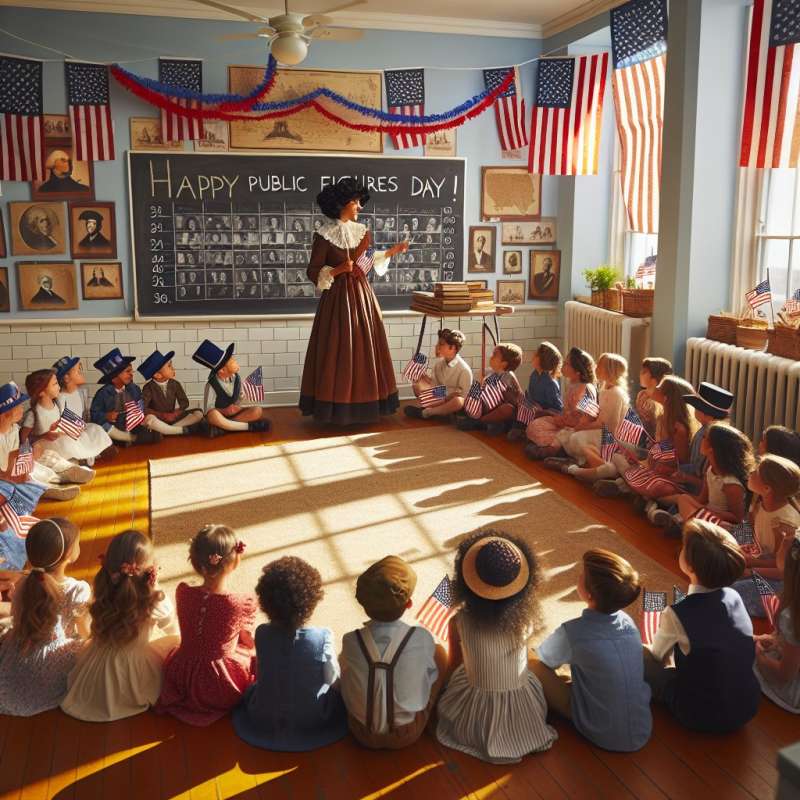
Origin of Presidents' Day
Initially established in 1885 to honor George Washington, Presidents' Day has evolved. Officially called Washington's Birthday, it now celebrates all U.S. presidents, though not all states observe it in the same manner.
Uniform Monday Holiday Act
Presidents' Day never falls on an actual president's birthday. It's observed on the third Monday in February due to the 1968 Uniform Monday Holiday Act, aiming to create more three-day weekends for workers.
Lincoln's Birthday Overlap
Abraham Lincoln's birthday, February 12, often gets combined with Washington's for the holiday. Some states, like Illinois, still maintain separate observances for Lincoln's birthday, reflecting his significant local historical impact.
Washington's Farewell Address
Some traditions on Presidents' Day include reading George Washington's Farewell Address, a significant historical document providing guidance on foreign policy and the dangers of political parties.
Cherry Tree Myth Deconstructed
The fabled tale of young Washington chopping down a cherry tree and confessing the truth is actually a myth, crafted by biographer Parson Weems to illustrate Washington's honesty.
Presidential Proclamations
Presidents' Day has been a platform for presidential proclamations. Some presidents use this day to issue executive orders or host ceremonies that underscore their administrative goals.
Global Presidential Celebrations
While unique to the U.S., Presidents' Day conceptually parallels similar observances worldwide where nations celebrate leaders, such as the King's Birthday in Thailand or Showa Day in Japan.
What did the holiday originally honor?
All U.S. presidents
Washington's Birthday alone
Lincoln's Birthday
Company